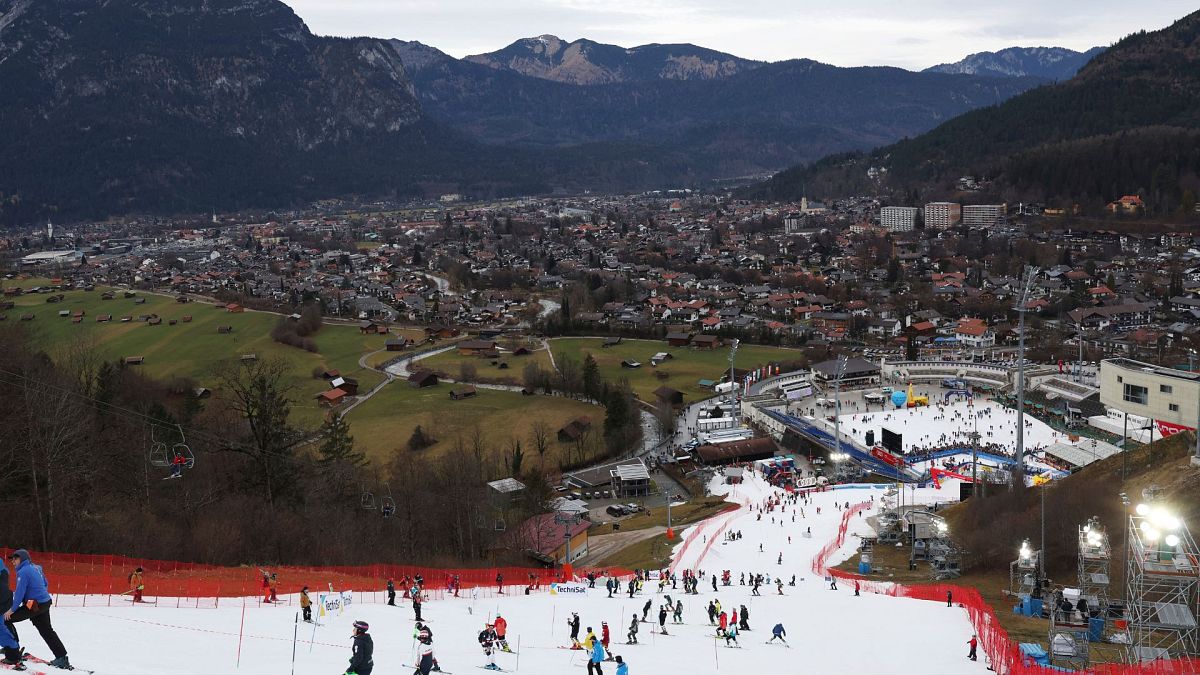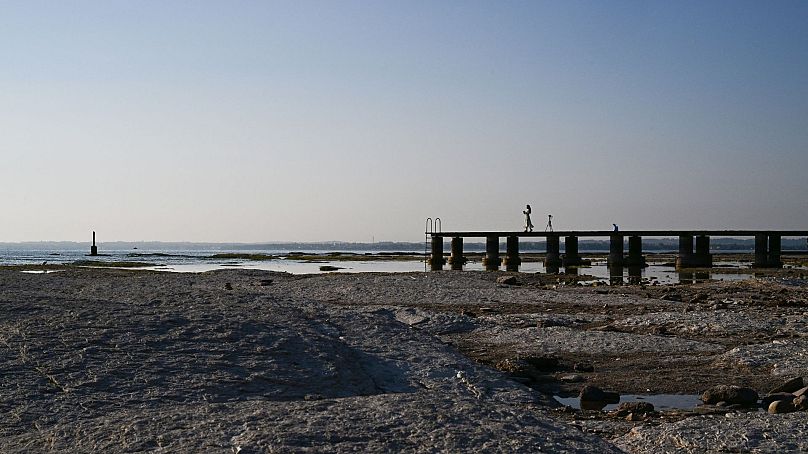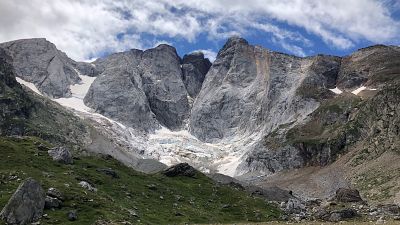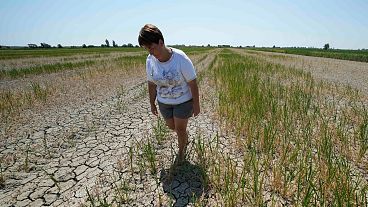Europe just recorded its second warmest winter ever. Here’s which countries were hottest.
Europe just endured its second warmest winter on record, scientists have revealed.
Between December and February, the average temperature was 1.4 degrees Celsius above the 1991-2020 average.
The unseasonable heat made 2021-2022 Europe’s joint-second warmest winter ever recorded, surpassed only by the winter of 2019-2020.
The data - published by the EU's Copernicus Climate Change Service - reveals how global warming is altering traditional seasons.
Where in Europe recorded high winter temperatures?
Between late December and early January, parts of the continent were gripped by a winter heatwave.
Several ski resorts were forced to temporarily close as abnormally mild temperatures turned pisté to slush.
Regional temperature records were toppled in multiple countries. For example, Switzerland recorded its highest ever winter temperature north of the alps, a balmy 19.4C. Northern Spain basked in nearly 25 degrees.
Temperatures were particularly high in Eastern Europe and northern Scandinavia, according to the Copernicus data.
The high temperatures have coincided with a startling lack of rain, continuing into February.
“In February 2023, most of western and southern Europe experienced drier-than-average conditions, several regions saw record low levels of soil moisture,” the Copernicus centre analysis indicated.
In Italy, Lake Garda’s waterline is around 65 cm below average for this time of year. The waters of the river Po, and lakes Maggiore and Como, are also exceptionally low.
Is climate change to blame for the winter heatwave?
Global heating is pushing up temperatures around the world, and Europe is no exception.
Human-induced warming above pre-industrial averages reached approximately 1C in 2017. We are on track for 1.5 degrees by 2024.
As average temperatures rise, the poles are melting. According to Copernicus, Antarctic sea ice dropped to 34 per cent below a February average - the lowest level since records began.
"These low sea ice conditions may have important implications for the stability of Antarctic ice shelves and ultimately for global sea level rise," warned Copernicus Climate Change Service’s deputy director, Samantha Burgess.




